FotoResource
Reclaimed Journeys by Rodney Dekker
Seventy percent of what is purchased in Australia ends up in landfill and around five billion dollars worth of food is wasted annually. Australians waste far too much but these bad habits are gradually changing for the better. Rodney Dekker’s photo essay ‘Reclaimed Journeys’ documents the positive initiatives that are making a difference.
One of the largest and most successful recycling schemes in Australia is the Container Deposit Legislation (CDL) scheme that commenced in South Australia in 1977 which achieves an 80 per cent recovery rate of beverage containers. Portside Christian College in Adelaide has adopted a rigorous recycling programme, raising thousands of dollars through the CDL, which they donate as foreign aid. Other schemes include the recycling of plastic at Melbourne Zoo, the re-manufacture of tyres and billboards into a variety of products by Tyrecycle and Haul and the processing of household recyclables by VISY.
A number of charities in Melbourne, such as Sacred Heart Mission, are preventing food ‘waste’ from entering landfill by reclaiming perfectly edible food and cooking free meals for those in need. Families, governments and businesses are also reducing the generation of waste. Increasingly families are using reusable bags and nappies, a number of schools use second-hand government furniture and a café in Melbourne called Silo produces zero waste.
But what happens when waste does enter the environment? Marine debris impacts negatively on 77 Australian species such as birds and turtles. The government’s Coast and Marine Surveys Project and the organisation Earthwatch are examples of clean up operations. The Kananook Creek Association plays its role in clearing a local creek in Frankston, Victoria, to restore it to a thriving natural habitat.
By raising awareness, monitoring and cleaning up natural habitats, recycling, remanufacturing, reusing and extending the life of products, through to the reduction of waste in the first place, the need for raw material extraction is eased and less waste and fewer greenhouse gases are generated. This produces a cleaner and healthier environment for all species to enjoy.
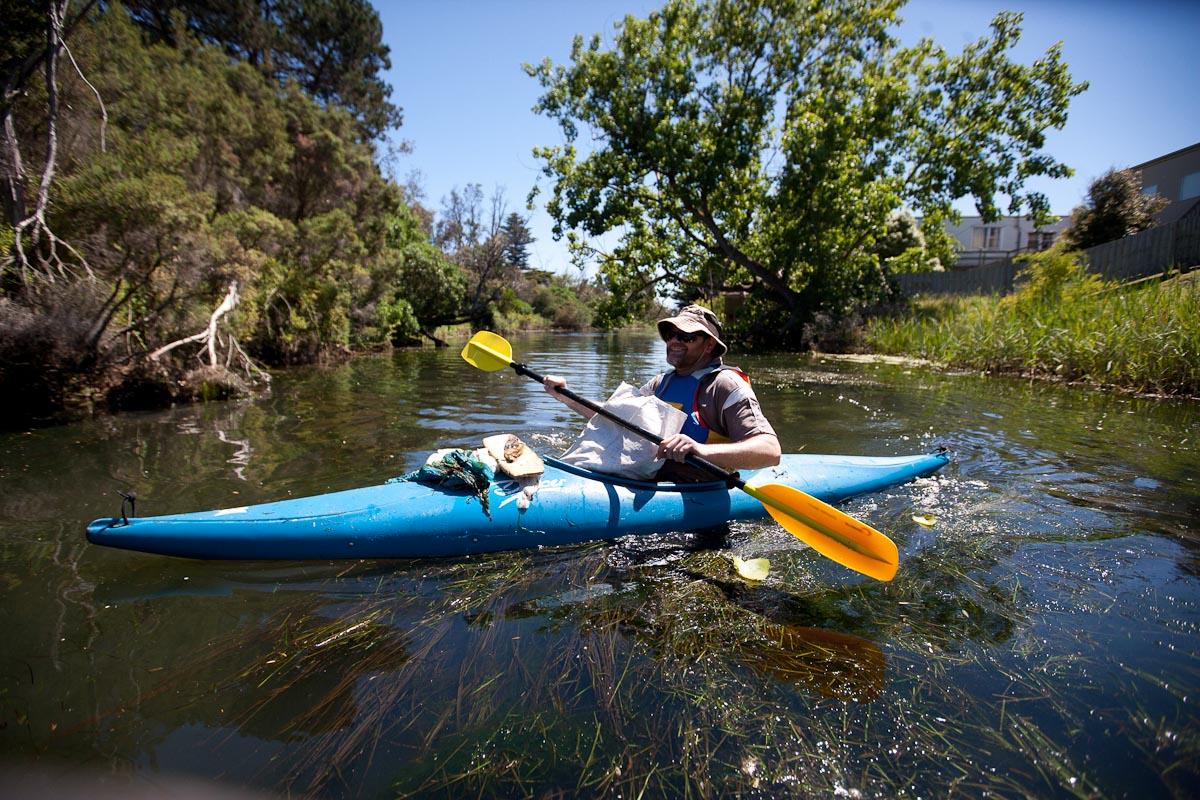

The plastics inhibit chick growth and also contain many harmful chemicals which affect their endocrine systems. Marine debris impacts 276 organisms worldwide including 77 Australian species.
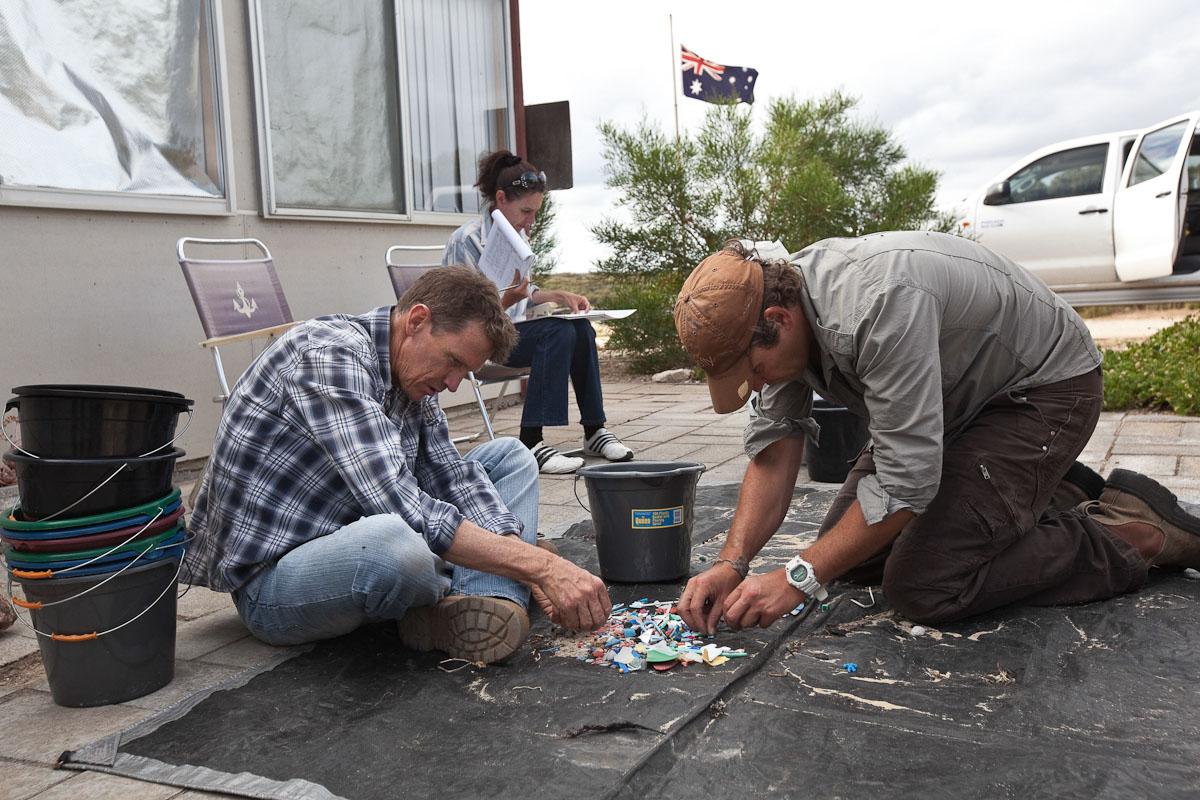
Kristian explains: “Marine debris can be harmful to wildlife and our ecological systems. The Australian government is trying to find out where it is coming from and is looking for ways to manage this widespread global issue.”
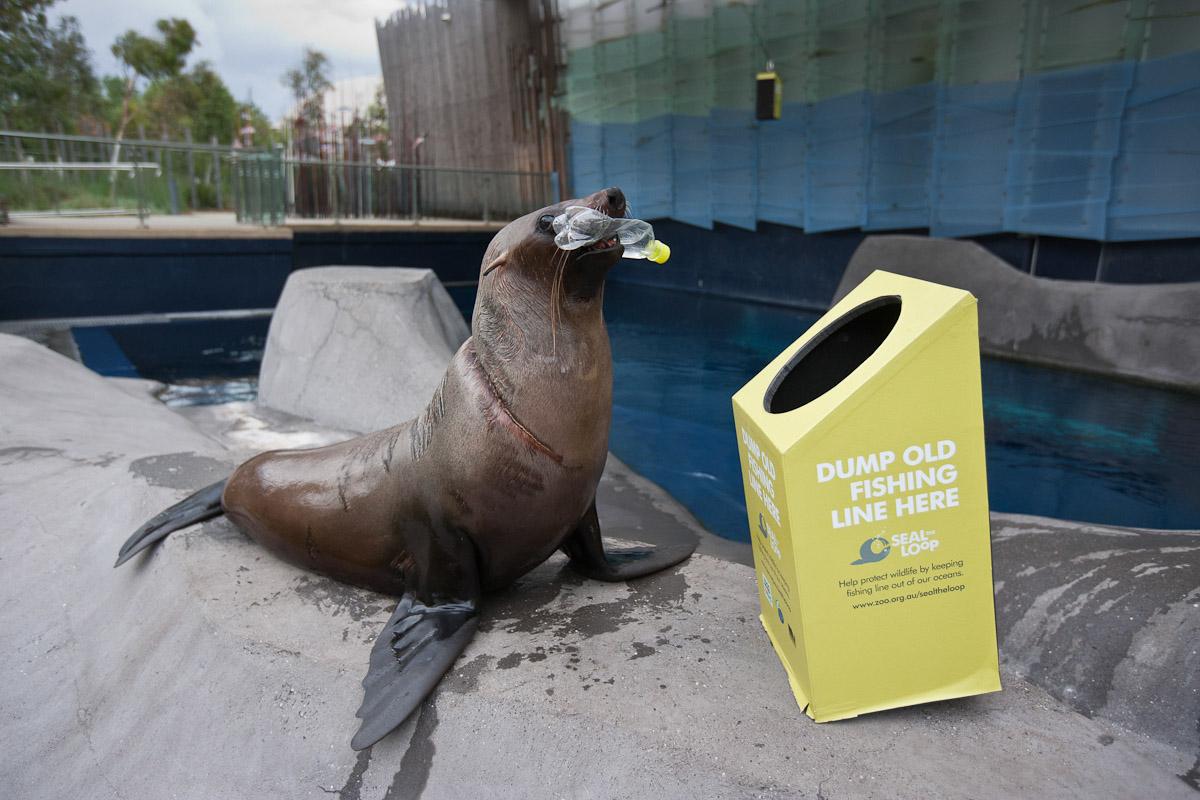
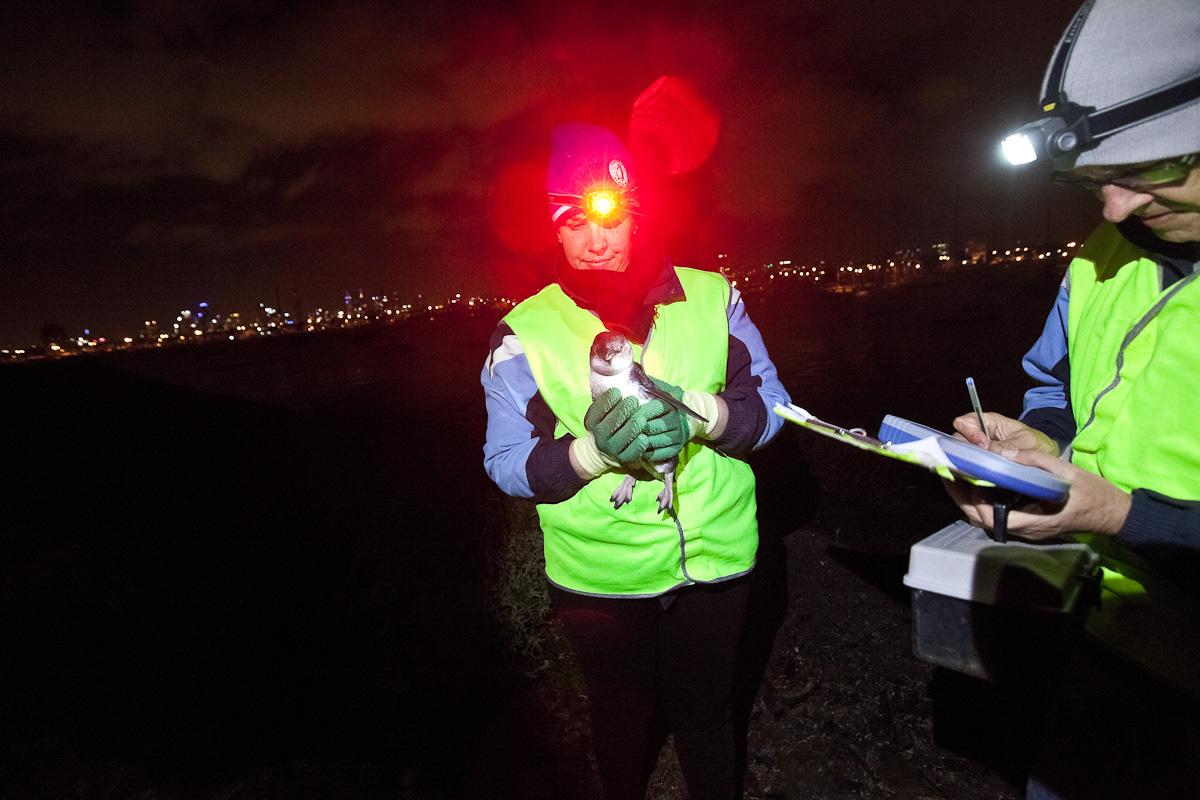
Julie, a dedicated volunteer, explains to kids fishing with their dad: “If fishing line gets wrapped around a penguin’s leg, they can lose their foot, so if you see any fishing line lying around you need to pick it up.”
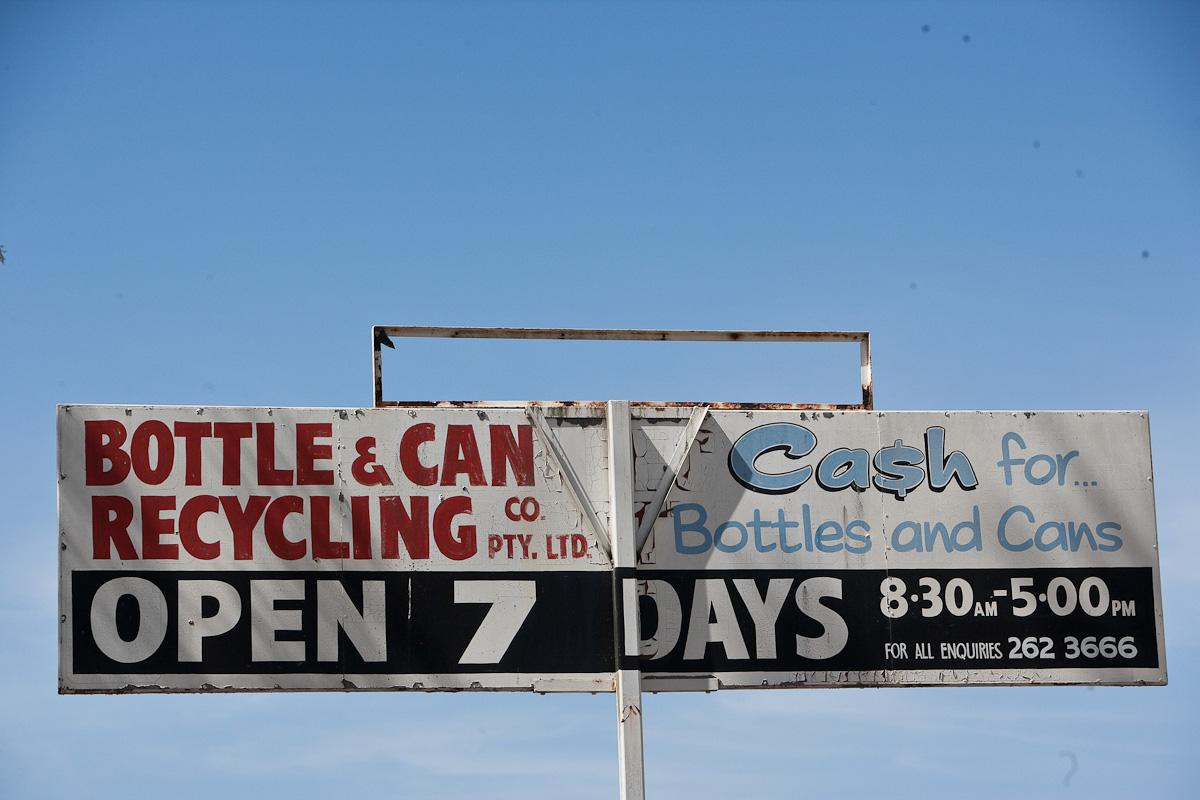
Since September 2008 the refund was increased from 5 to 10 cents, which has encouraged greater recycling.
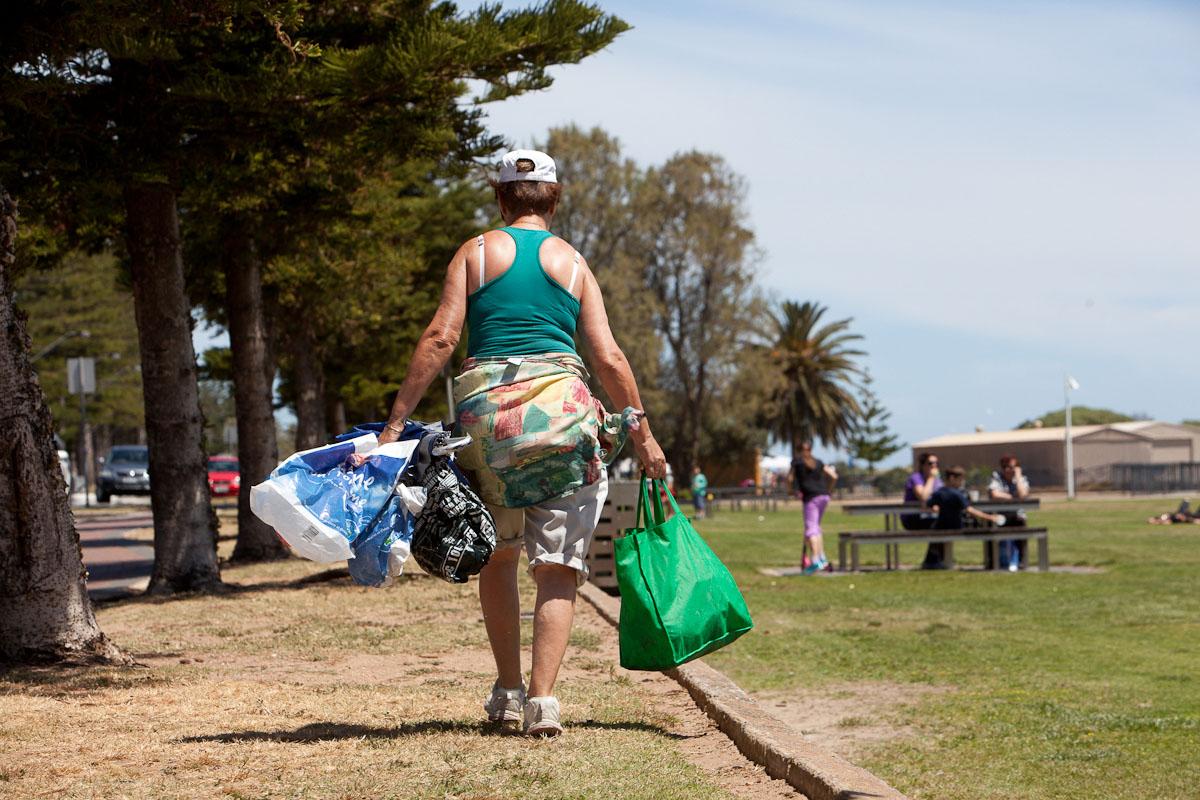
This lady is raising money for a holiday to visit relatives abroad. By collecting bottles, cans and fruit juice cartons on the ground or in rubbish bins she earns $200 per month. Over the last three years she has lost 8kg. She sets a cracking pace as she walks.

Initially Lee put one basket outside a classroom to raise money to purchase a goat through Tear Australia then the entire school joined in.
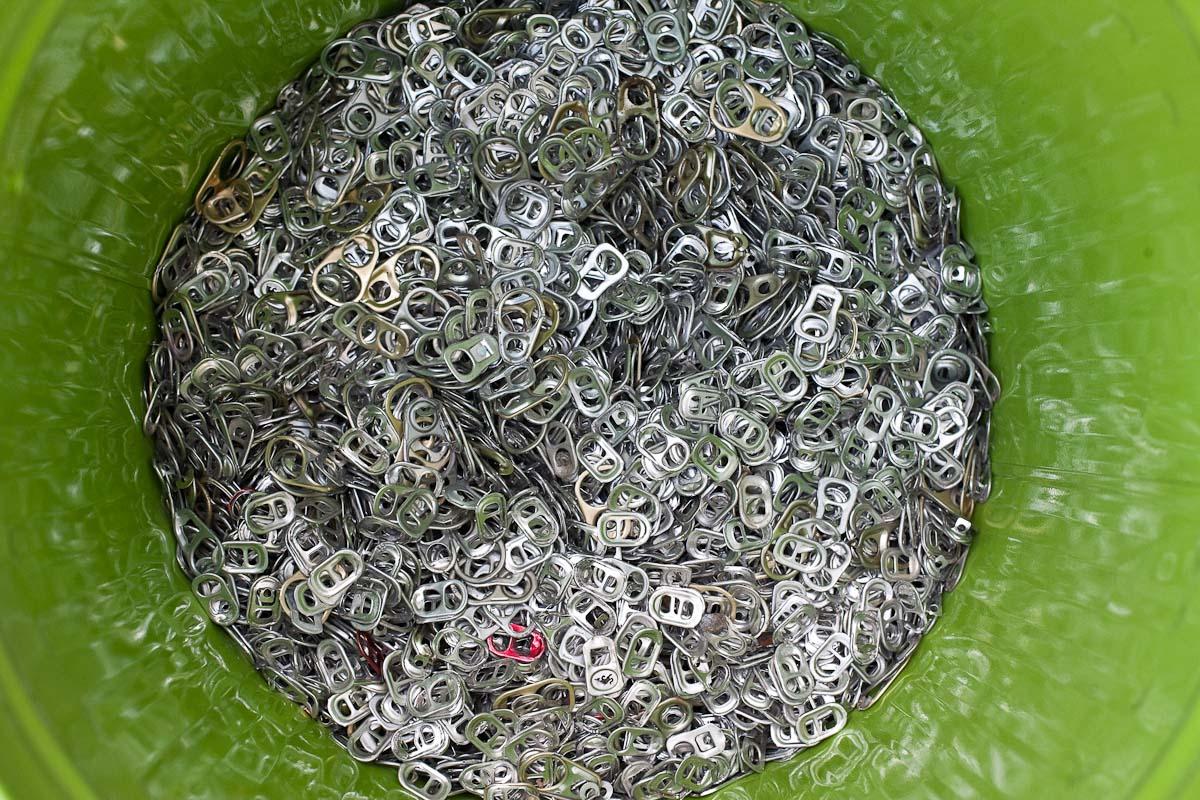
Lee says: “I think the whole notion of recycling is so important. Anything that we can reuse or recycle saves our natural resources. It’s not just something that we might want to do, it’s something that we have to do.”
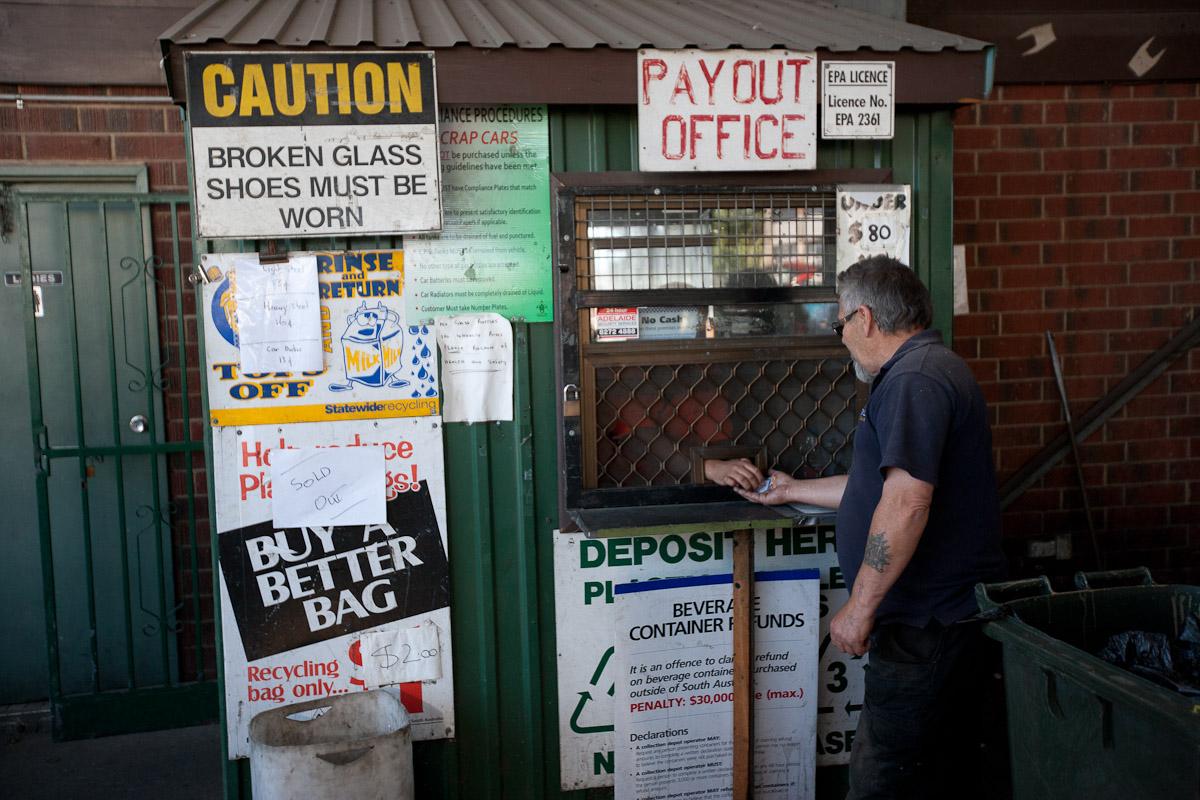
Through the CDL refund scheme, the college has raised $6000, which it donates as foreign aid.
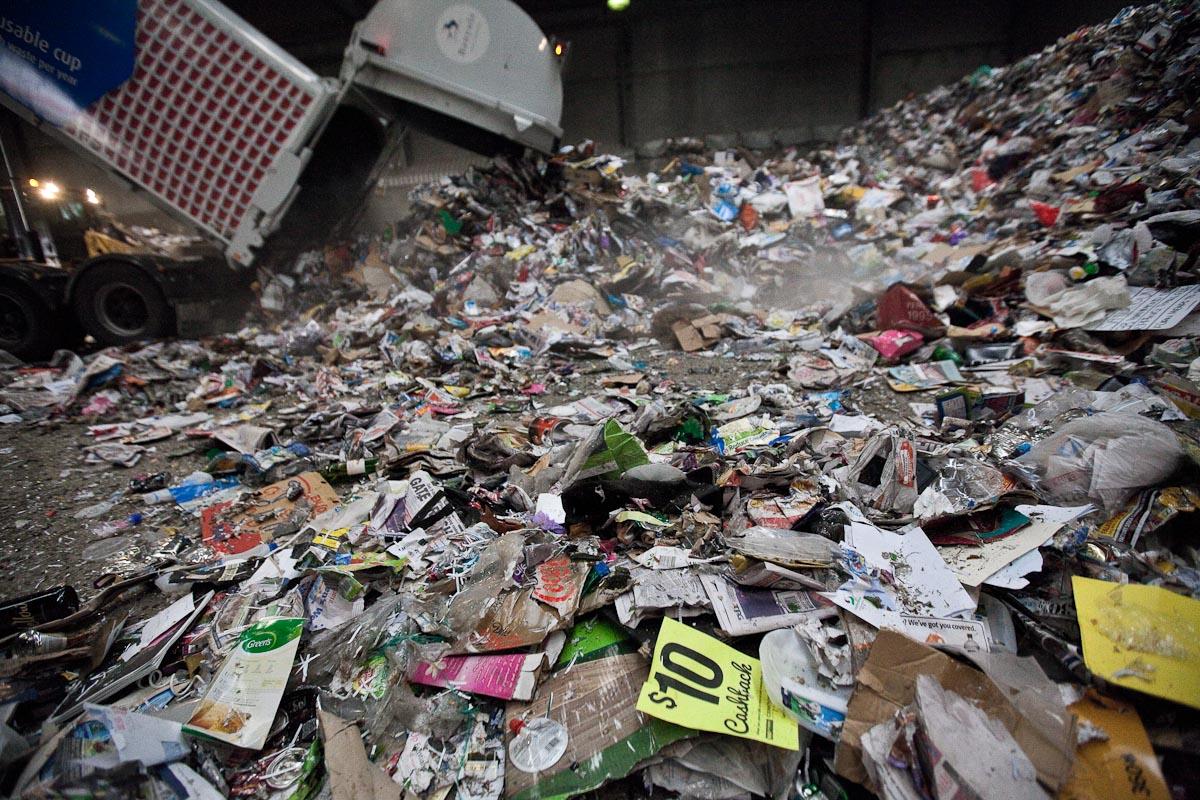
The trucks are emptied at the VISY processing facility where all the material is separated into their commodities and bailed up. VISY recycles paper, cardboard, plastic, aluminium, steel and glass.
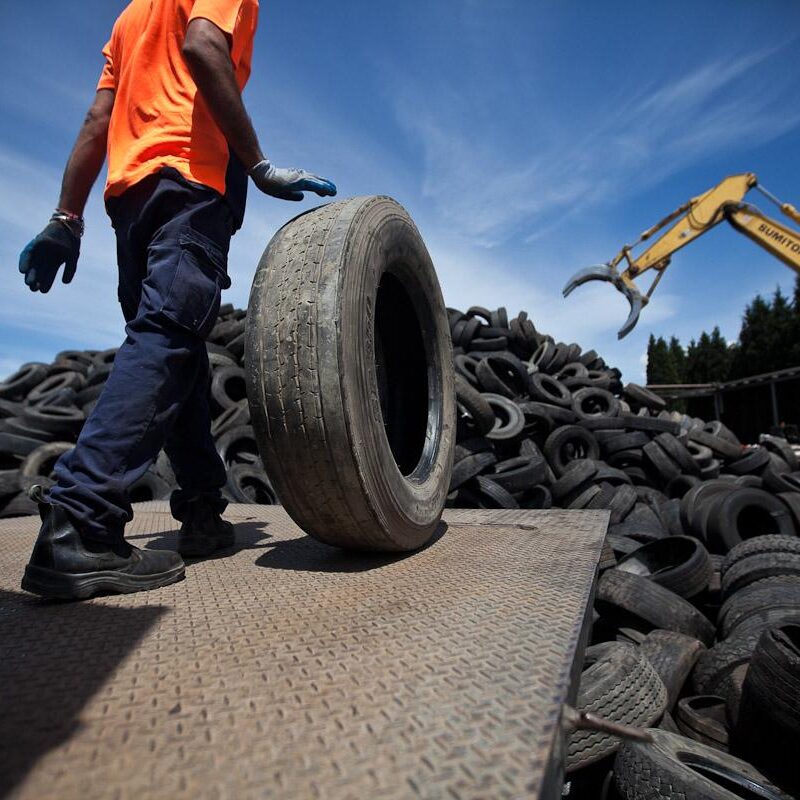
Tyrecycle has recently received funding from the Victorian government to increase the scope of tyre recycling.
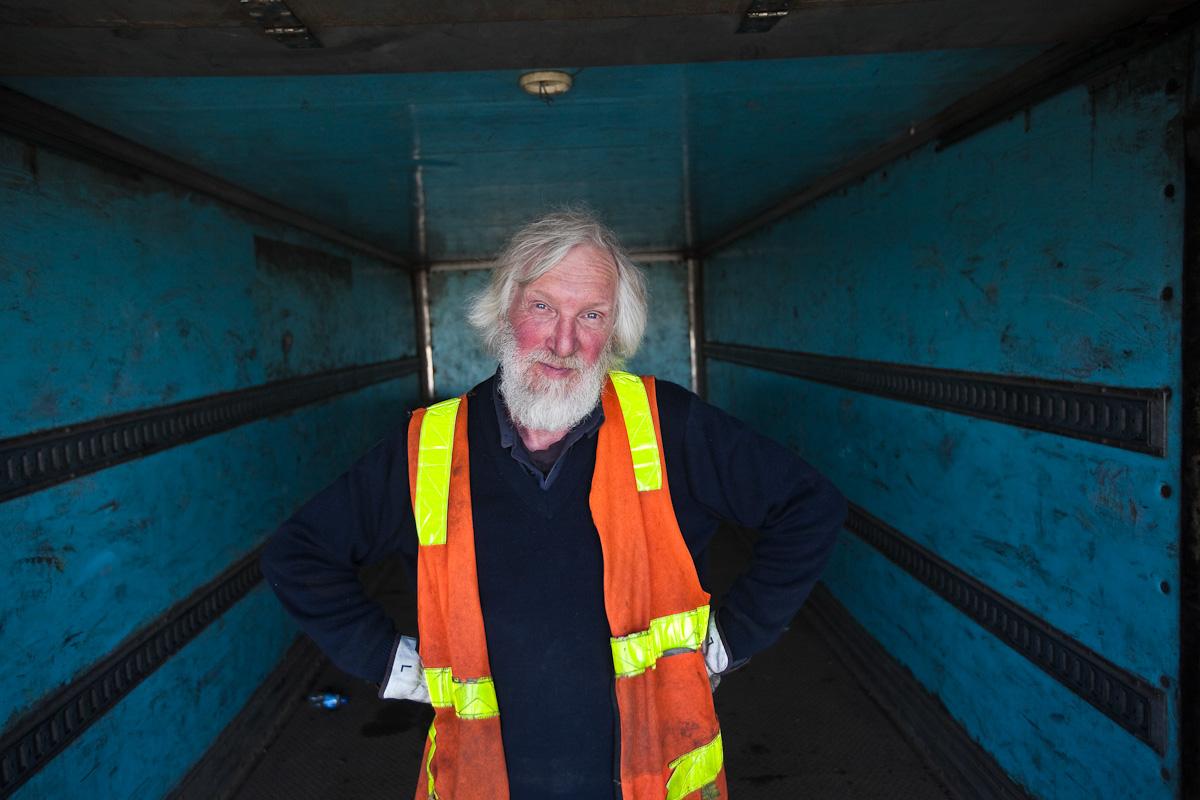
Tyrecycle has played a major role in establishing the Australian Tyre Recycling Association.
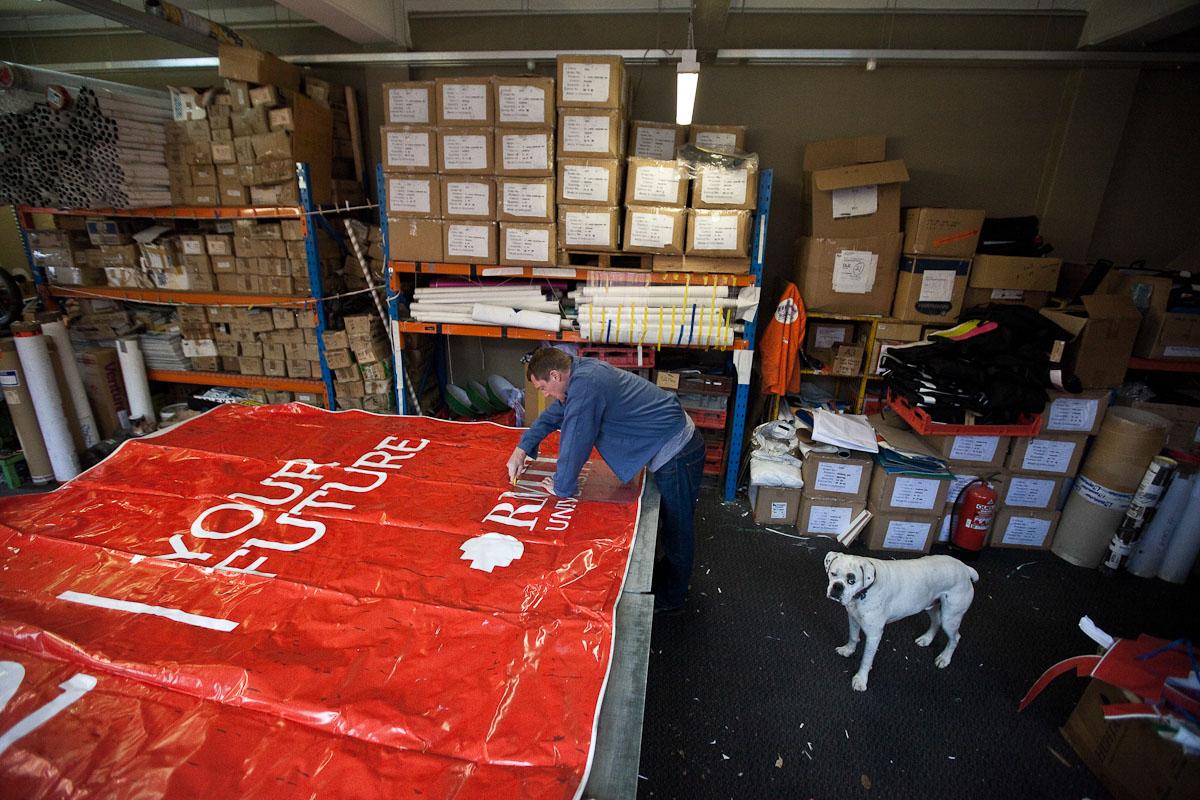
Scott says: “No two products are the same - our uniqueness is probably our biggest selling point.”
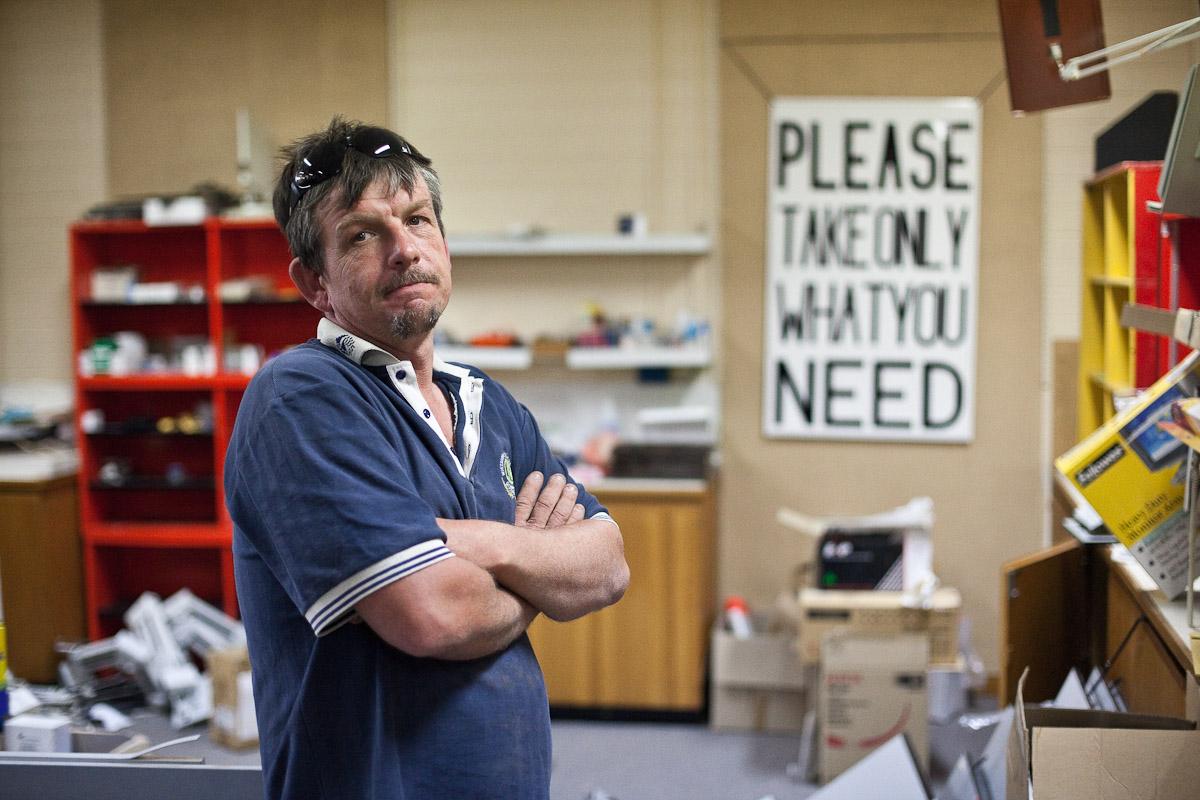
Keith explains: “Anything you would see in a government office basically rocks up here when it is excess to their requirements and I give it away.”

Nat says: “Eight hundred million disposable nappies go to landfill every year in Australia alone. You could fill the Melbourne Cricket Ground three times over. It takes five hundred years for a disposable nappy to break down. The amount of water used to make a cloth nappy is a lot less than to make a disposable one.”
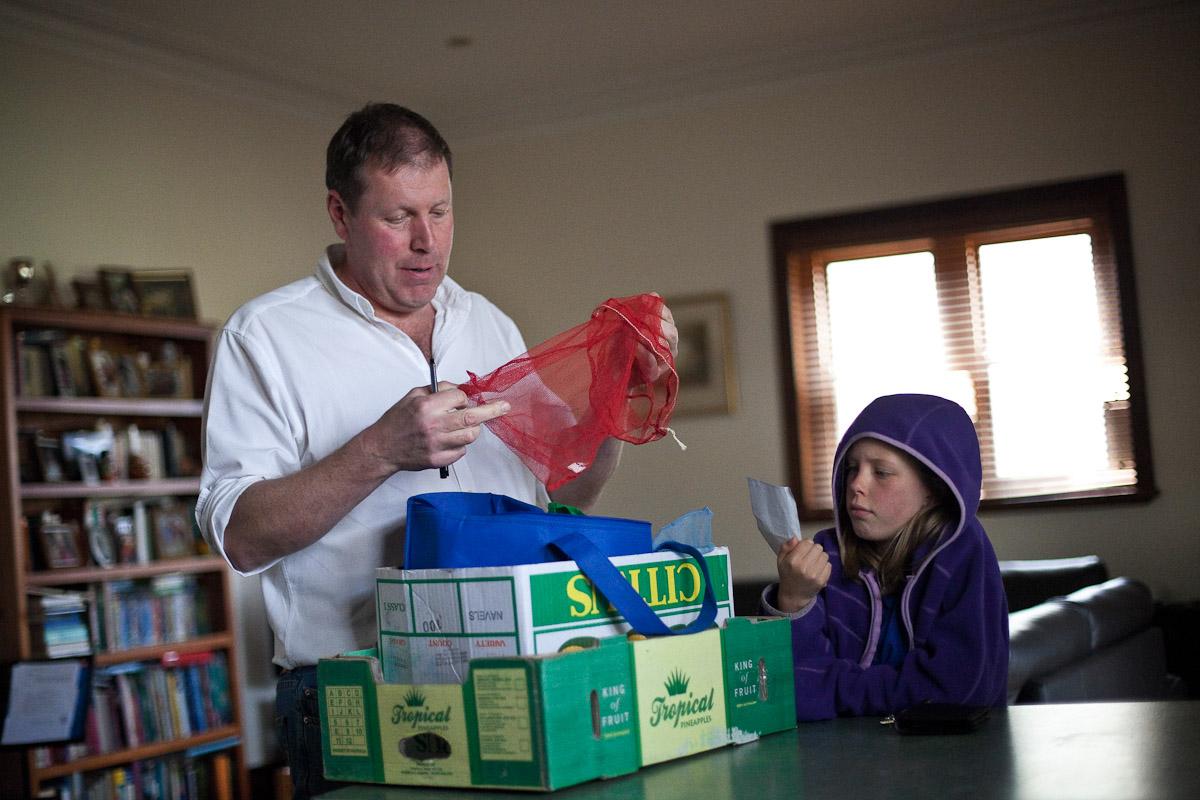
They use reusable shopping bags, cardboard boxes and mesh netting instead of plastic bags. They purchase fewer products with packaging, they compost and have a wormery.
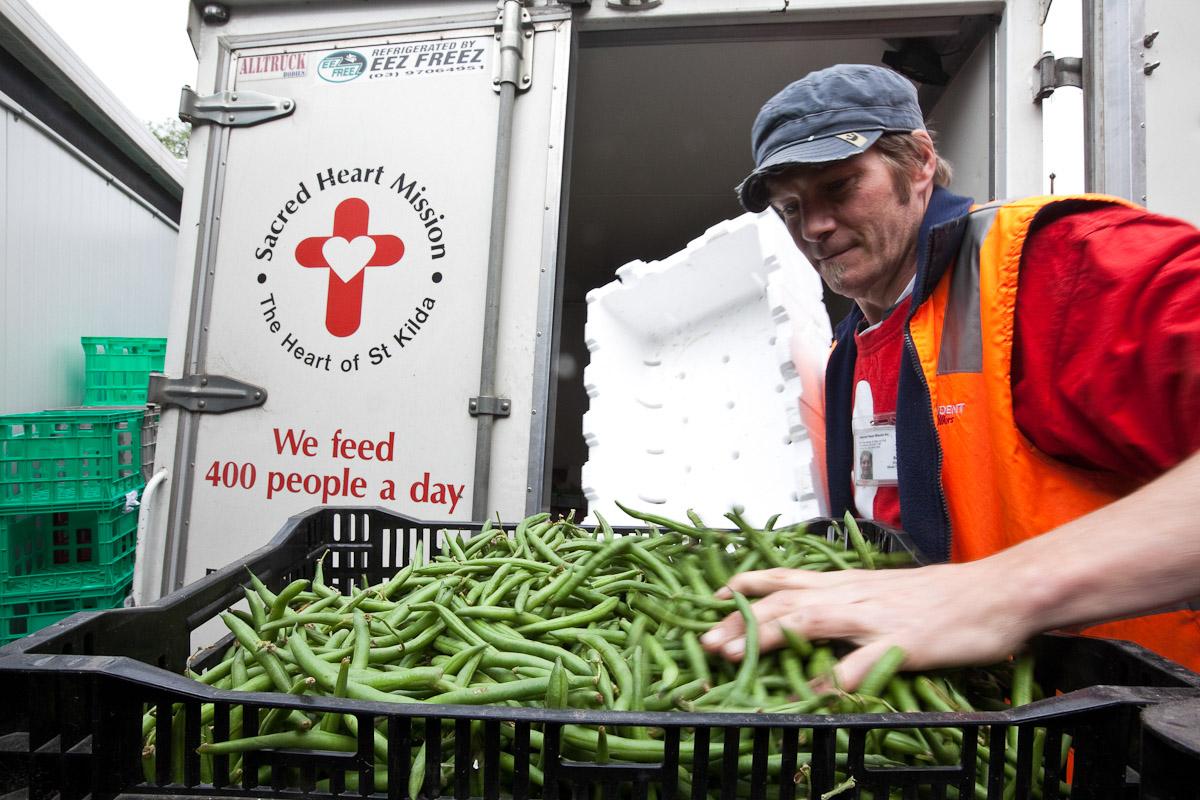
Ben, the truck driver for the Sacred Heart Mission’s ‘Meals Programme’, collects donated food from markets and delivers it to the kitchen.
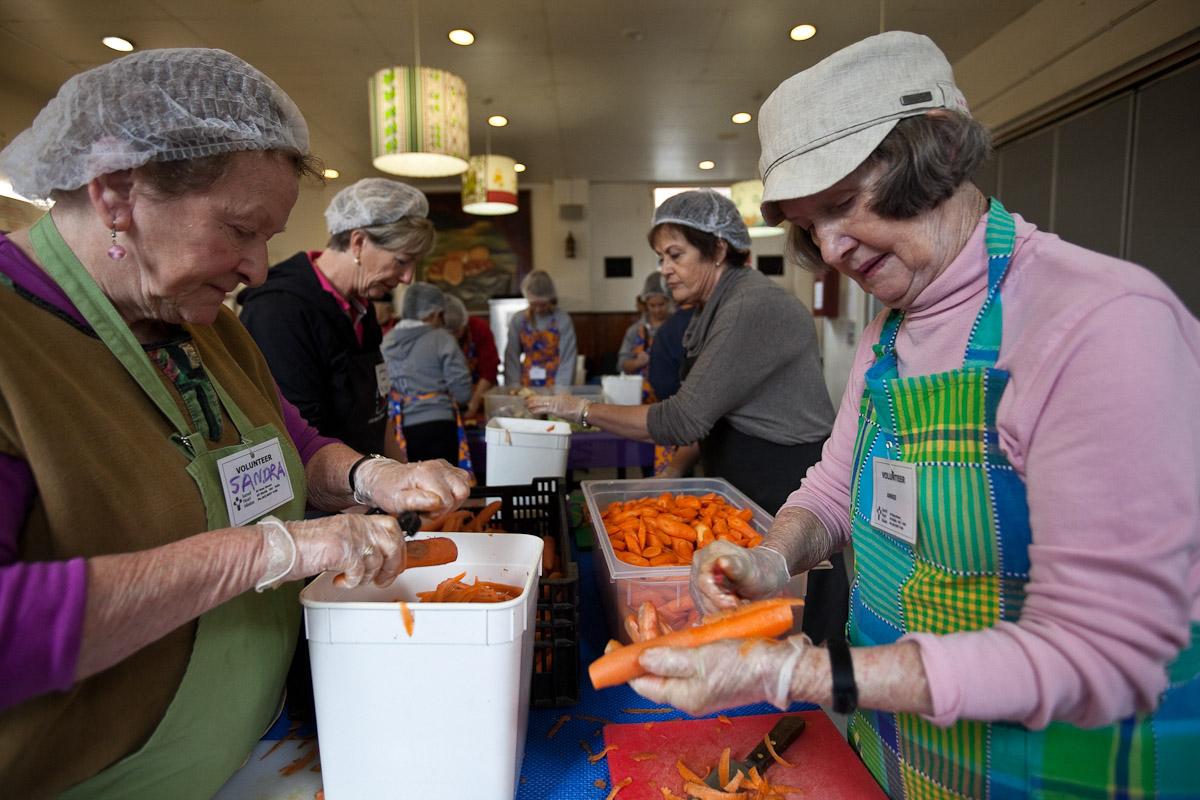
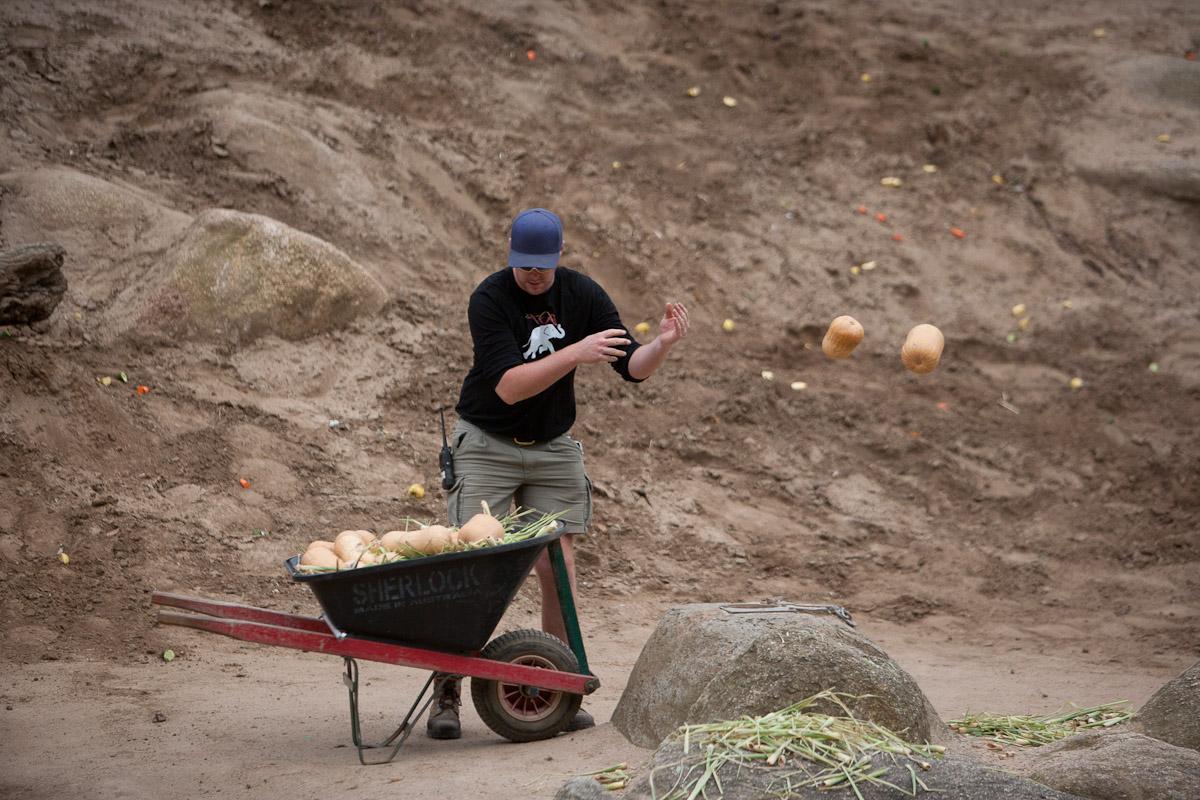
“I’m really proud of the work that our food store manager, Collin Van Dyke, does. He’s up at the crack of dawn collecting unsold food from markets around Melbourne for our elephants. If the zoo had to pay for this food it would be very expensive,” says Lucas.

Soya manufactures wouldn’t supply milk in reusable kegs, so they began making their own soya milk by using dried soya beans.

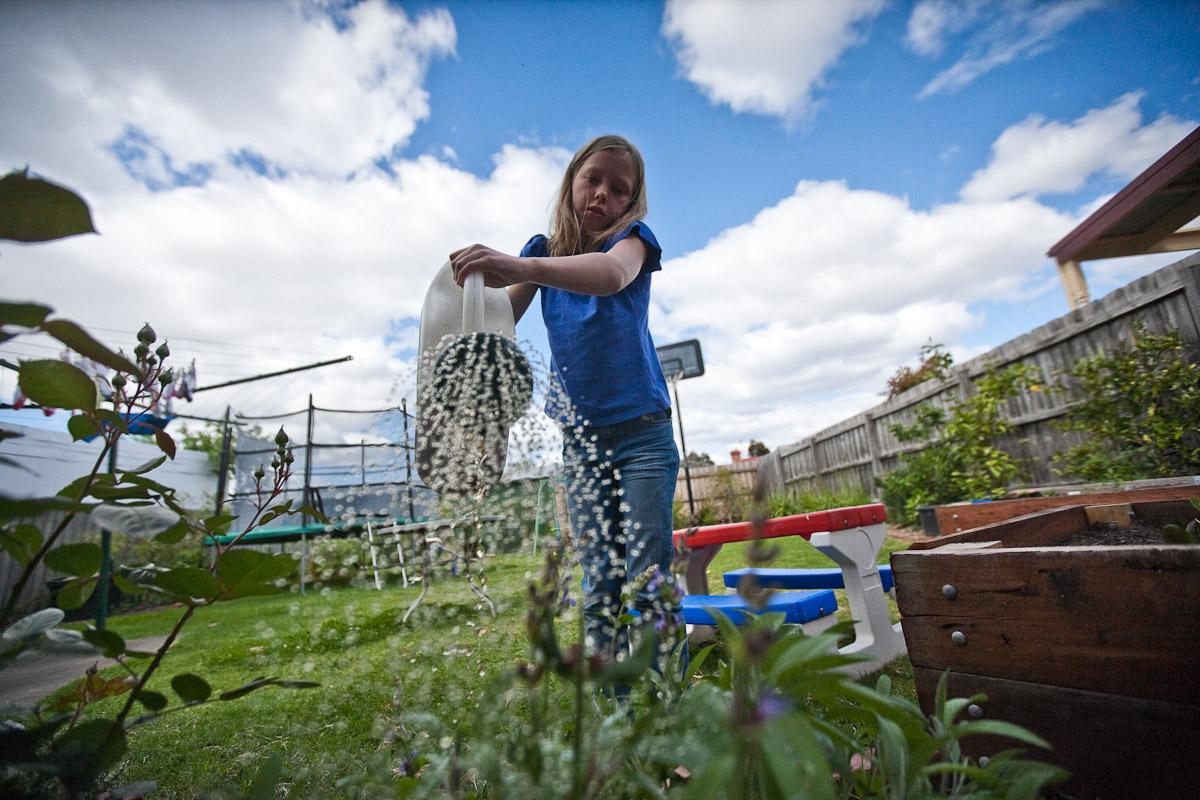
Hannah explains the benefits: “Worm juice is sort of like liquid fertiliser that we mix with water and then we pour it on the garden to help the plants to grow.”

